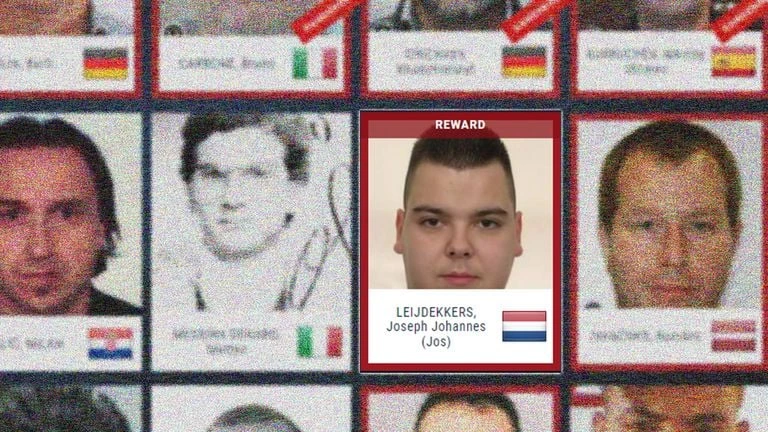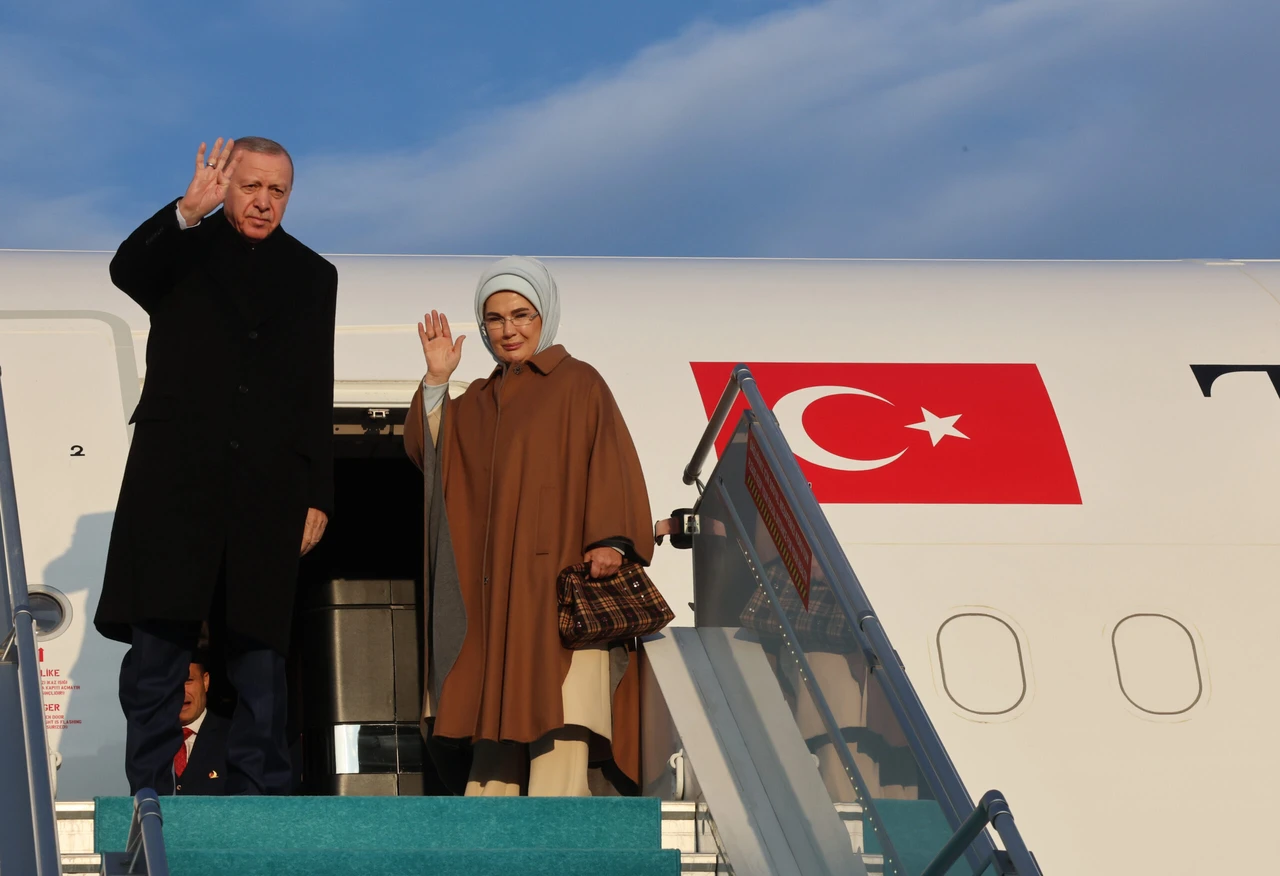Judge accused of taking $720,000 bribe for drug baron’s release in Türkiye
 Dutch drug baron Joseph Johannes Leijdekkers and the other wanted criminals. (Photo via X)
Dutch drug baron Joseph Johannes Leijdekkers and the other wanted criminals. (Photo via X)
In a scandal that has rocked the Turkish judiciary, a judge from Istanbul’s 5th Heavy Penal Court is accused of accepting a $720,000 bribe to release Dutch drug baron Joseph Johannes Leijdekkers and 15 other suspects.
This revelation follows a high-profile investigation known as ‘Cherokee,’ led by Dutch authorities, into an extensive drug trafficking network.
High-stakes legal drama
The 51 suspects, arrested last year during anti-drug operations, faced charges carrying up to 82 years in prison. Among them was Abdullah Alp Ustun, identified as the leader of the drug network’s Turkish branch.
During a marathon court session lasting until 2:30 AM, the presiding judge ordered the release of 15 suspects, contrary to the prosecutor’s request to maintain their detention.
Despite the prosecutor’s plea for continued detention, the court granted the release of Ustun and his co-defendants. The Istanbul Chief Public Prosecutor’s Office quickly filed an appeal, which the 16th Heavy Penal Court upheld, leading to the re-arrest orders for several suspects. However, it was soon discovered that the suspects had absconded.
In response to the controversial decision, the Council of Judges and Prosecutors (HSK) initiated an investigation. The HSK, backed by Justice Minister Yılmaz Tunc, appointed inspectors to scrutinize the circumstances surrounding the releases.
The inquiry revealed detailed MASAK reports on money laundering activities linked to the suspects, raising further questions about the court’s decision.
Whistleblower allegation
The investigation took a dramatic turn when a whistleblower reported that Judge Oktay A. allegedly agreed to the releases in exchange for a $720,000 bribe. This allegation was submitted to the Istanbul Chief Public Prosecutor’s Office via email, suggesting a premeditated arrangement between the judge and the drug syndicate.
Based on the inspector’s findings, the HSK suspended Judge Oktay A. and his colleagues, Arzu A. and Veysi G., from their duties. The case now awaits further review by the HSK’s 2nd Chamber, which will determine the judicial fate of the accused judges.
As the investigation progresses, the Turkish judiciary faces intense scrutiny. The case underscores the ongoing challenges in combating corruption within the legal system and the broader implications for international drug enforcement efforts. The public and legal community alike are watching closely as the HSK continues its probe into these serious allegations.



